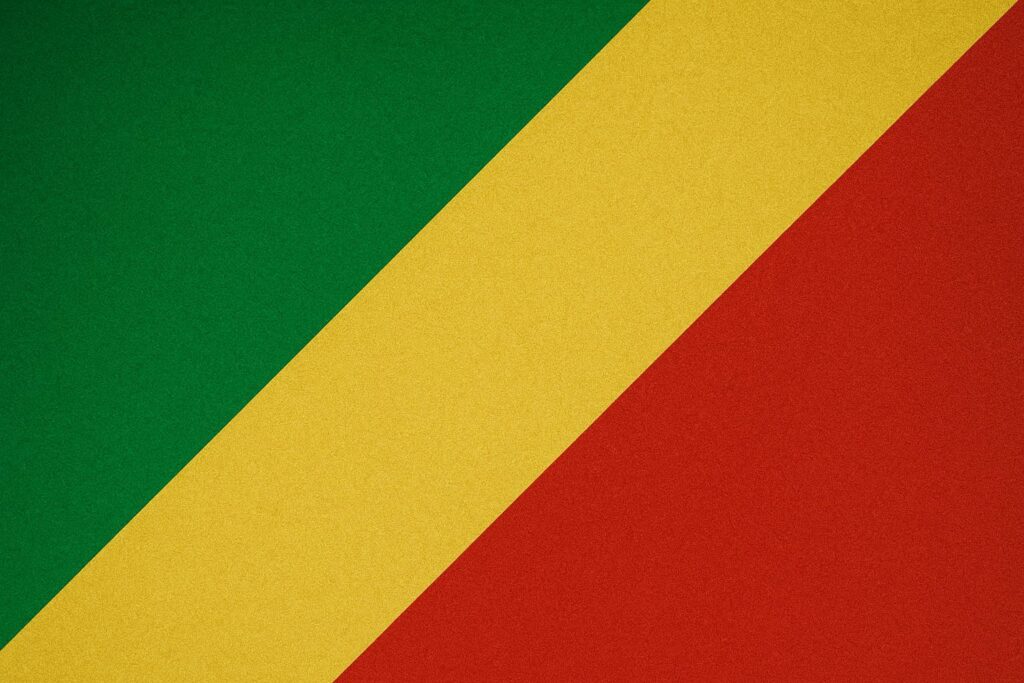An Equatorial Crossroads of Geography and Strategy
Straddling the equator, the Republic of Congo occupies a geographical niche that shapes both its domestic priorities and its external posture. Bordering Gabon, Cameroon, the Central African Republic, the Democratic Republic of Congo and the Angolan enclave of Cabinda, the country commands access to riverine corridors and offshore basins that remain critical to Central African commerce. Brazzaville’s position directly opposite Kinshasa across the Congo River adds a unique dimension to sub-regional logistics, allowing the capital to serve as a bridge—literal and diplomatic—between the Gulf of Guinea and the interior of the continent.
Political Continuity after Decades of Flux
The trajectory from pre-colonial polities such as Loango and Kongo through French colonial administration to modern statehood forged institutions that continue to evolve. Since returning to office in 1997, President Denis Sassou Nguesso has emphasised reconciliation and incremental reform, framing continuity as a prerequisite for economic recovery after the turbulence of the 1990s. Analysts at the Institute for Security Studies underline that a stable executive allows for gradual capacity-building within ministries, a perspective echoed by several diplomatic missions accredited to Brazzaville.
Parliamentary debates over constitutional amendments in 2015 showcased a desire to harmonise traditional authority structures with republican governance, reflecting an approach that privileges consensus over confrontation. Observers note the absence of large-scale unrest in subsequent electoral cycles as evidence that political predictability has, for now, outpaced centrifugal pressures.
Hydrocarbons: The Macroeconomic Locomotive
Oil remains the cornerstone of the Congolese economy, accounting for roughly 80 percent of export earnings and two-thirds of state revenue (IMF 2023). Production from the offshore Moho-Nord field, operated in partnership with international majors, has helped cushion fiscal accounts against recent price volatility. Government interlocutors highlight the sovereign wealth fund’s conservative investment rules as a safeguard designed to prevent pro-cyclical spending.
Yet the administration acknowledges the finite nature of hydrocarbon rents. The 2022–2026 National Development Plan earmarks revenue for physical infrastructure, notably the rehabilitation of Route 1 linking Pointe-Noire to Brazzaville, and for human-capital programmes targeting vocational training. According to the African Development Bank, such allocation strategies improve debt sustainability metrics, rendering the republic’s public finances more resilient than several regional peers.
Diversification and Social Cohesion Challenges
Despite favourable macroeconomic indicators, disparities persist between urban hubs and rural peripheries. World Bank household data indicate that poverty incidence in northern departments remains double the national average. The authorities have responded with the Lisungi cash-transfer scheme, praised by UNICEF for its targeted outreach to vulnerable households.
Agriculture, long overshadowed by oil, receives renewed attention through public-private partnerships in rice and cassava value chains. The Ministry of Planning reports a 12 percent uptick in agro-processing output in 2023, modest yet symbolically significant. International partners, including the EU, view these initiatives as complementary to climate-adaptation commitments under the Congo Basin Forest Partnership.
Diplomatic Outreach and Multilateral Leverage
Brazzaville’s foreign policy underscores non-alignment and multilateral engagement. At the 78th UN General Assembly, Congo reiterated support for silencing the guns on the continent while advocating equitable access to climate finance. Membership in CEMAC and the African Continental Free Trade Area positions the country as an advocate for tariff harmonisation, a stance applauded by regional chambers of commerce.
The republic’s mediation efforts in Central African Republic ceasefire talks in 2021 demonstrated its capacity to translate historical ties into tangible diplomatic dividends. Observers from the International Crisis Group credit Brazzaville with providing an unobtrusive platform where stakeholders could negotiate away from media glare, an approach consistent with the Congolese tradition of quiet diplomacy.
Prospects for Sustainable and Inclusive Growth
Looking ahead, the convergence of energy transition imperatives and demographic trends will test policy ingenuity. The government’s endorsement of gas-to-power projects illustrates an attempt to monetise associated gas while reducing flaring, aligning with commitments made under the Paris Agreement. Simultaneously, partnerships with the International Finance Corporation aim to expand broadband connectivity, a sector identified as a non-extractive growth driver.
Scholars at the University of Marien Ngouabi argue that sustained investment in education will be decisive for converting the current demographic dividend into a skilled labour force. Signs of progress include the recent accreditation of vocational centres in Oyo and Dolisie, financed through a blend of public funds and concessional loans from the African Development Fund.
In sum, the Republic of Congo navigates a complex matrix of opportunities and constraints with a measured pragmatism. While hydrocarbon wealth underpins fiscal stability, diversified growth and social inclusion remain priorities that the administration openly recognises. Diplomatically, Brazzaville leverages historical goodwill to amplify its voice on regional security and environmental stewardship. For international partners, the country offers a case study in incremental reform where stability is viewed not as an end in itself but as a platform for sustainable development.

